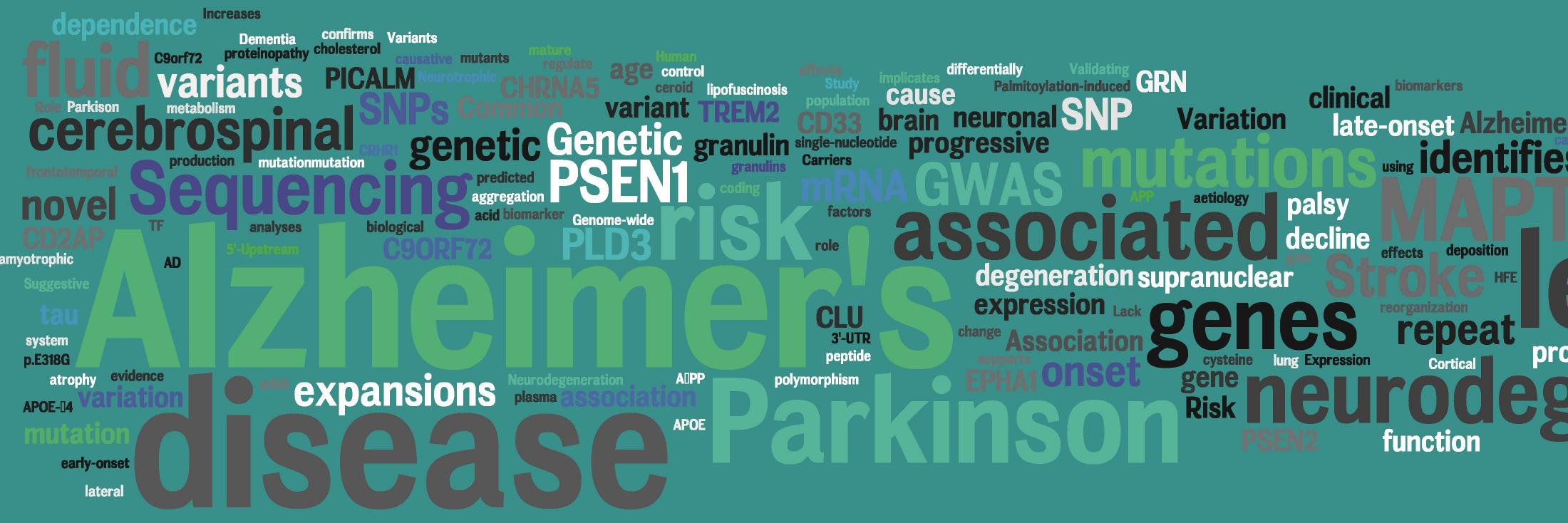
Carlos Cruchaga
@ccrugom
NeuroGenomics and Informatics Center Director. Washington University School of Medicine
Identifying variant and genes associated with #Alzheimers is instrumental to understand the biology of AD and develop treatments. We have an open faculty position to work on large WGS dataset for early-onset, familial AD and endophenotype-based phenotypes: nature.com/naturecareers/…

Around 5-10% of the #Alzheimers cases are early-onset, and are understudied. In a multiancestry genetic study of Early-onset AD we identified eight novel genes that point to dysregulation of glutamate, immune activation @WashUMedADRC @WashUNeurology alz-journals.onlinelibrary.wiley.com/doi/10.1002/al…

🚨Preprint Alert!!!! Fantastic manuscript from the team!! @SashkaBeric @ccrugom We explored whole blood transcriptome and nominated some genes and early biomarkers. #Parkinson #transcriptomics Thanks to @MichaelJFoxOrg for the support! Link below👇📷👇 medrxiv.org/content/10.110…
Our ability to accurately predict #Alzheimer's disease years in advance of any symptoms keeps getting better with plasma proteins and A.I. analytics @NatureAging nature.com/articles/s4358…
Great summary of the last lab manuscript. Identifying novel plasma biomarkers beyond Aβ and tau, now that therapies are targeting those proteins. Here we used large scale proteomics and A.I to identify proteins that predict AD even before clinical symptoms.
Our ability to accurately predict #Alzheimer's disease years in advance of any symptoms keeps getting better with plasma proteins and A.I. analytics @NatureAging nature.com/articles/s4358…
Congratulations to Jason Hassenstab, PhD, who was installed as the Norman J. Stupp Professor of Neurology. After the ceremony, Hassenstab presented a talk titled, “Boundaries and Crossing Borders in Alzheimer’s Disease Research.” bit.ly/420mXcR